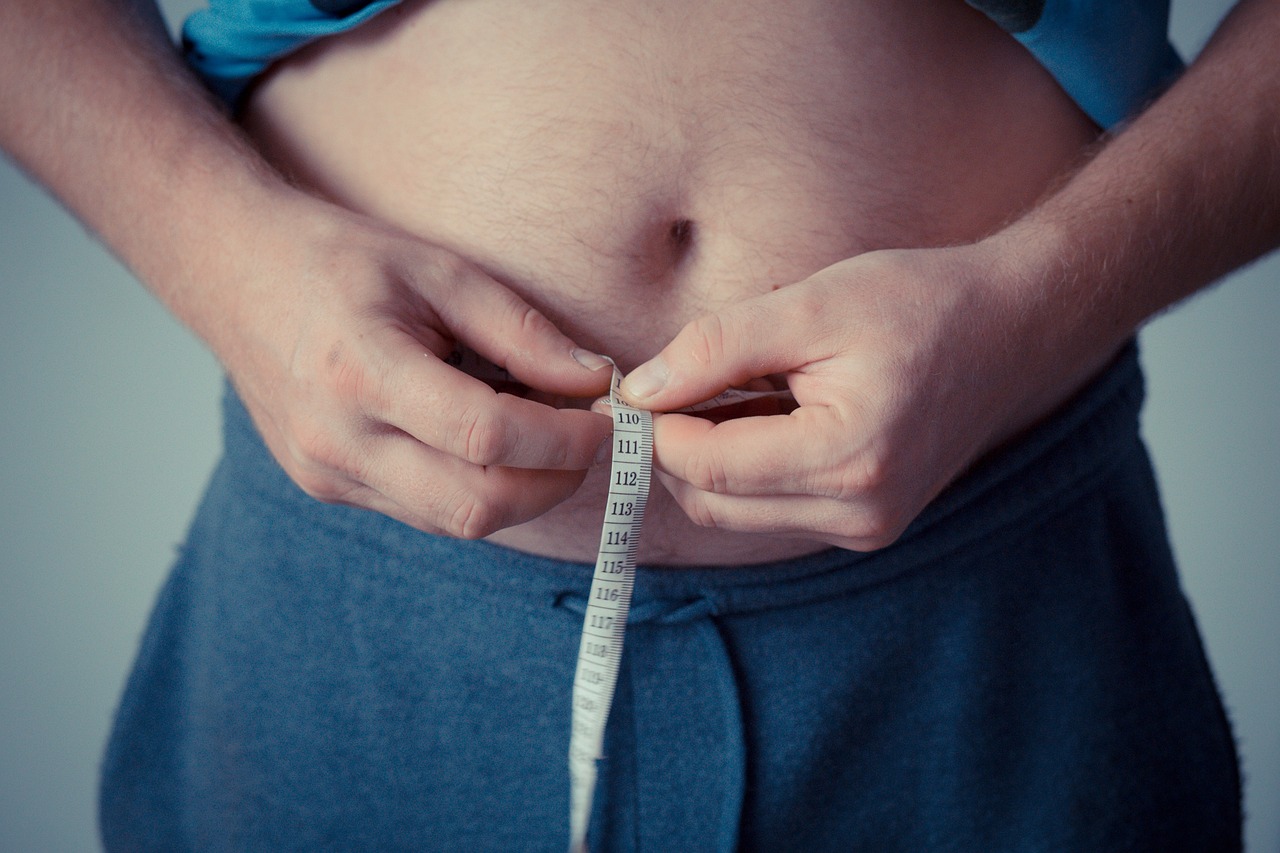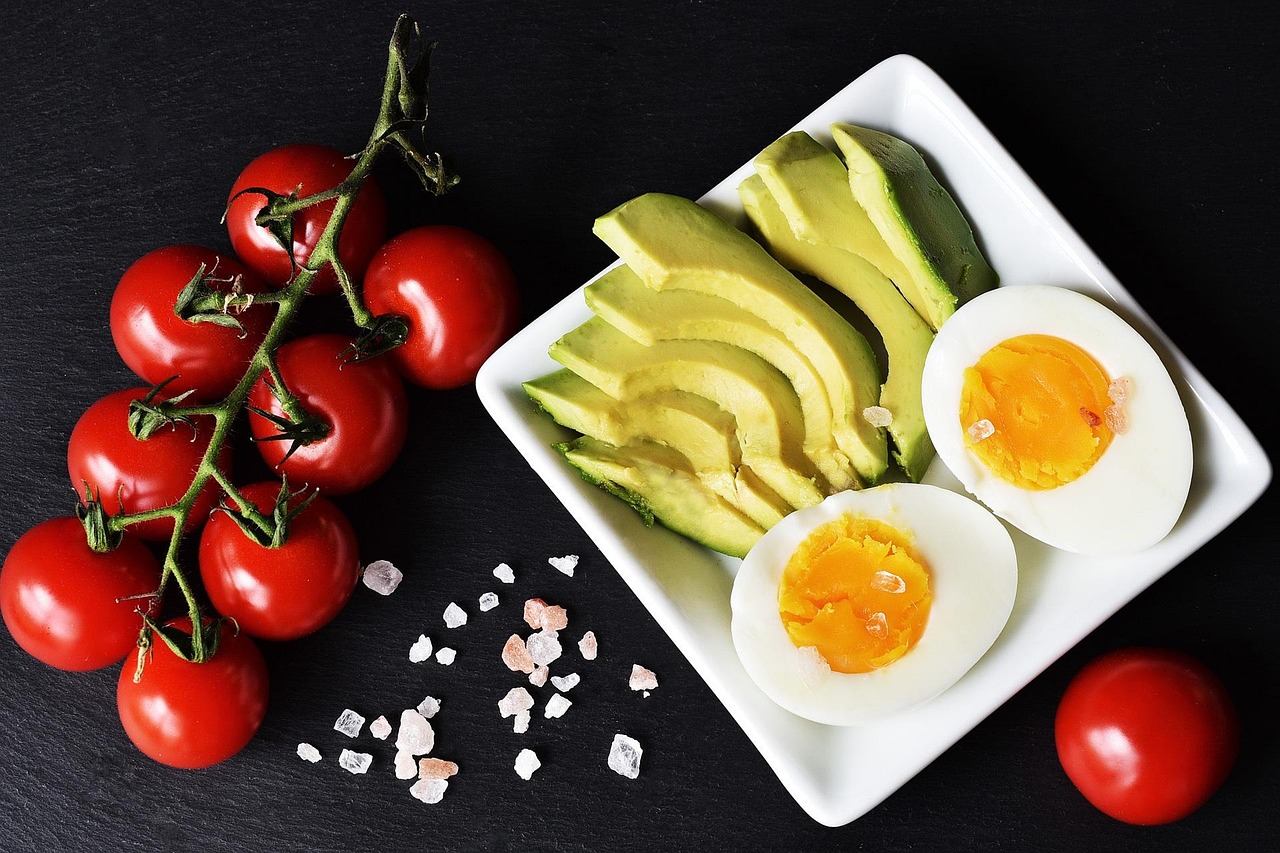Losing weight is often a journey toward improved health and self-esteem, yet many individuals who embark on this path face an unwelcome consequence: loose skin. This condition can be particularly disheartening, as it may negate some of the positive effects of weight loss, leaving individuals feeling self-conscious about their appearance. Fortunately, there are strategies that can help minimize the chances of developing loose skin as you lose weight. In this article, we will explore the science behind loose skin, and provide actionable tips on how to achieve your goals while maintaining skin elasticity.

Understanding Loose Skin
Loose skin occurs due to a combination of factors, including the loss of fat, aging, genetics, and the speed at which weight is lost. As we age, our skin’s elasticity diminishes due to a decrease in collagen and elastin production. When you lose weight, especially in large amounts, the skin may not retract effectively, resulting in sagging.
Factors Contributing to Loose Skin
- Age: The natural aging process impacts skin elasticity.
- Genetics: Some individuals are predisposed to loose skin based on their genetic makeup.
- Weight Loss Speed: Rapid weight loss increases the likelihood of loose skin.
- Body Composition: Higher body fat percentages may lead to more loose skin compared to individuals with a lower body fat percentage.
- Hydration: Well-hydrated skin is more elastic, while dehydrated skin loses its ability to stretch and contract.
Knowing these factors can help guide your weight-loss strategy to minimize skin laxity.
Strategies to Prevent Loose Skin While Losing Weight
Here are effective methods to help keep your skin tight as you shed those extra pounds:
1. Set Realistic Weight Loss Goals
One of the most critical steps in minimizing loose skin is to lose weight at a safe and sustainable rate. Aim for a weight-loss goal of 1 to 2 pounds per week. Losing weight too quickly can lead to excessive skin laxity, as the body doesn’t have sufficient time to adjust.
2. Incorporate Strength Training
Resistance training is essential for building muscle mass as you lose fat. By engaging in regular strength training exercises—like weight lifting, resistance bands, or bodyweight workouts—you can improve body composition and enhance skin appearance. Building muscle not only fills the skin but also assists in supporting the overall structure of your body.
3. Stay Hydrated
Drinking an adequate amount of water each day is crucial for maintaining skin elasticity. Hydrated skin appears healthier and more resilient. Try to drink at least eight 8-ounce glasses of water per day, adjusting based on your activity level and climate. Additionally, incorporating water-rich foods, such as fruits and vegetables, can further enhance hydration.
4. Eat a Balanced Diet Rich in Nutrients
Your diet plays a vital role in skin health. Focus on consuming whole foods that are rich in vitamins, minerals, healthy fats, and protein. Some key nutrients include:
- Vitamin C: Essential for collagen production. Sources include oranges, strawberries, and bell peppers.
- Vitamin E: Protects skin cells and supports healing. Sources include nuts, seeds, and spinach.
- Omega-3 Fatty Acids: Help maintain skin elasticity. Found in fatty fish, walnuts, and flaxseeds.
- Protein: Builds muscles and supports skin health, which includes lean meats, fish, eggs, beans, and legumes.
By maintaining a balanced diet, you can provide your skin with the necessary tools to remain resilient during your weight loss journey.
5. Consider Gradual Weight Loss
As previously mentioned, the speed of weight loss plays a significant role in skin laxity. Gradual weight loss allows your skin more time to adjust to smaller body sizes, thereby reducing the likelihood of sagging. Consider setting smaller, incremental goals to ensure that you’re making healthy changes without putting your skin at undue risk.
6. Practice Good Skin Care
Taking care of your skin can help maintain its elasticity. Here are a few skin care practices to incorporate into your routine:
- Moisturize: Use a high-quality moisturizer to keep your skin well-hydrated. Look for products containing ingredients such as hyaluronic acid, glycerin, or aloe vera.
- Exfoliate: Regular exfoliation can help to remove dead skin cells and promote new skin growth, contributing to a firmer appearance. Consider gentle exfoliation methods like sugar scrubs or chemical exfoliants.
- Avoid Sun Damage: Protect your skin from ultraviolet (UV) exposure by using sunscreen. UV rays can damage collagen and elastin fibers in the skin, decreasing its elasticity.
7. Consider Supplements
While getting nutrients from food should always be the priority, supplements can sometimes support skin health during weight loss. Consult with a healthcare provider or nutritionist before starting any supplements, particularly those aimed at improving skin elasticity, such as:
- Collagen Peptides: These may help improve skin hydration and elasticity.
- Biotin: A B-vitamin that supports healthy skin, hair, and nails.
8. Don’t Skip Strengthening Hydrate Techniques
Some individuals consider treatments such as body wraps or laser therapy to enhance the elasticity of the skin. While not a substitute for healthy lifestyle choices, these methods may provide additional support as you lose weight. Discuss the potential benefits and risks with a qualified dermatologist.
9. Embrace Healthy Lifestyle Changes Beyond Diet and Exercise
Reducing stress and improving sleep quality can also aid in minimizing loose skin. High-stress levels can lead to the release of cortisol, which can impact the skin negatively. Aim for stress-reducing activities—such as yoga, meditation, or engaging in hobbies—and strive for 7 to 9 hours of restful sleep each night.
Conclusion
While loose skin may accompany weight loss for some individuals, taking a proactive approach can significantly diminish its occurrence. By embracing realistic weight-loss goals, engaging in strength training, prioritizing hydration and nutrition, and maintaining good skin care practices, you can set yourself up for success in achieving a healthy body with firm skin. Remember that everyone’s body responds differently to weight loss, so consult a healthcare professional before making any significant lifestyle changes. Ultimately, your health and confidence should always be the priority as you embark on your weight-loss journey.


